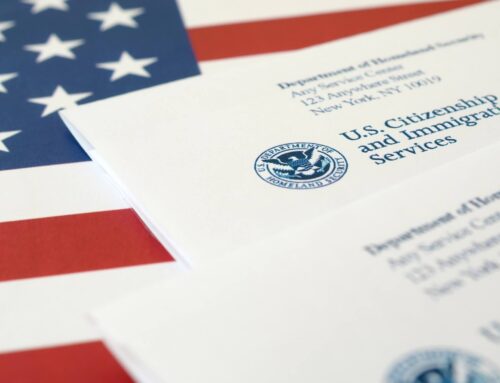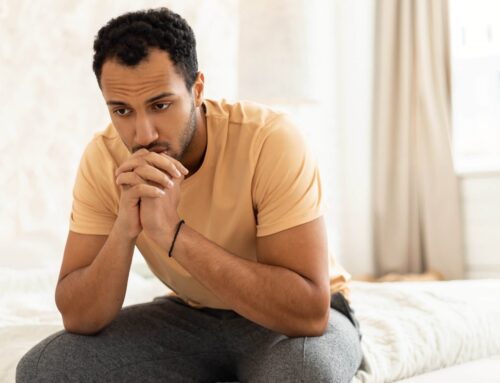The Violence Against Women Act (VAWA) is a crucial piece of legislation in the United States, offering protection and immigration benefits to victims of abuse. VAWA is not limited to women and extends to victims of both genders. If you or someone you know has experienced abuse at the hands of a U.S. citizen or permanent resident spouse, you may be eligible for VAWA benefits. In this article, we will explore the eligibility for VAWA protection and immigration, the criteria and requirements to apply for it.
Eligibility for VAWA
To qualify for VAWA benefits, you must meet certain eligibility criteria. These criteria include:
Relationship with the Abuser
You must have a qualifying relationship with the abuser, who should be a U.S. citizen or lawful permanent resident. You could be eligible for a green card through VAWA if you were the victim of battery or extreme cruelty committed by:
- Your U.S. citizen spouse or former spouse;
- Your permanent resident spouse or former spouse;
- Your adult U.S. citizen son or daughter; or
- Your U.S. citizen/permanent resident parent if you are under 21 years old.
Proof of Abuse
- You must provide evidence of physical abuse or extreme cruelty inflicted by the abuser. This can include physical violence, emotional or psychological abuse, sexual abuse, threats, and intimidation. If you do not have documents or other evidence of the abuse, your honest and detailed declaration explaining what you have experienced can be used as proof of the abuse.
Good Moral Character
- Applicants are required to demonstrate good moral character. This means having no serious criminal convictions. It’s essential to be honest and truthful throughout the application process.
Residency Requirement
- You must have lived with your abuser.
Filing Deadlines
- VAWA has specific filing deadlines that must be adhered to. If you have already divorced your spouse or if your abusive spouse has died, you have up to two years from the termination of the marriage or your spouse’s death to file a VAWA self-petition. For abused parents there is no specific deadline for filing, but it’s recommended to apply as soon as possible. For abused children, you must file before you turn 21 years old; however, you may be eligible to file until you turn 25 years old if you meet certain exceptions.
Applying for VAWA Benefits
To apply for VAWA benefits, you need to submit a VAWA self-petition to the United States Citizenship and Immigration Services (USCIS). Here’s how the process generally works:
- Gather Evidence: Collect all available evidence.
- Complete Form I-360: File Form I-360, the VAWA self-petition form, along with the required supporting documents and fees. You should also include a personal statement detailing the abuse you experienced. Depending on your immigration history, you may also be eligible to file an application to adjust status (to obtain a green card) and applications to
- Await USCIS Response: After submitting your self-petition, USCIS will review your application. If further evidence or documentation is needed, they will request it.
Benefits of VAWA
If your VAWA self-petition is approved, you can enjoy several benefits:
- Protection from Deportation: VAWA protects victims from deportation, allowing them to remain in the United States without fear of removal.
- Work Authorization: Approved applicants can obtain work authorization, enabling them to support themselves and their families.
- Path to Permanent Residency: VAWA opens a pathway to obtaining lawful permanent resident status (a green card) for most applicants, ultimately leading to U.S. citizenship if desired.
- Access to Public Benefits: VAWA beneficiaries may access public benefits such as healthcare, education, and more.
In your journey towards safety, security, and a brighter future, understanding your eligibility and the requirements for VAWA is the first step. It’s a process that offers hope and a chance to break free from the shadows of abuse. If you or someone you know is a victim of abuse and believes they qualify for VAWA protection, don’t navigate this path alone. Seek guidance from an experienced immigration attorney who can provide the support and expertise needed to navigate the VAWA application process successfully. Reach out to Whitaker Legal today and let us be your advocate in the pursuit of safety, security, and a new beginning. Your brighter future awaits, and we’re here to help you every step of the way.




